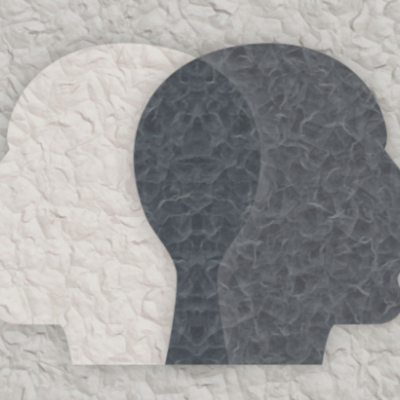Understanding Dual Diagnosis and Seeking Treatment

Dual diagnosis, also called co-occurring disorders, means having both a substance use problem and a mental health issue at the same time. Dealing with both can be complicated, so treatment needs to be specialized and cover both aspects. It’s not just about having two separate problems – the relationship between mental health and substance use is a two-way street, making it trickier to diagnose and treat. Understanding these complexities is crucial for helping individuals on their journey to recovery, considering both their mental health and substance use challenges.
According to the Substance Abuse and Mental Health Services Administration (SAMHSA), approximately 9.2 million adults in the United States experienced both a mental illness and a substance use disorder in 2020. The National Institute on Drug Abuse (NIDA) notes that individuals with dual diagnosis are at a higher risk of relapse compared to those with only a substance use disorder.
Common Mental Health Disorders in Dual Diagnosis
Depression
Individuals facing dual diagnosis often contend with depression, a pervasive mental health disorder characterized by persistent feelings of sadness, hopelessness, and a diminished interest in activities. The coexistence of depression and substance use disorder creates a complex clinical picture, as the two conditions may reinforce each other. Substance abuse may be used as a coping mechanism for the emotional pain associated with depression, while the effects of substance use can further contribute to the exacerbation of depressive symptoms.
Anxiety Disorders
Anxiety disorders, including generalized anxiety disorder, panic disorder, and post-traumatic stress disorder (PTSD), frequently accompany substance use disorders in individuals with dual diagnosis. The relationship between anxiety and substance use is often intertwined, with individuals using substances to self-medicate and alleviate the symptoms of anxiety. Conversely, substance abuse can heighten anxiety levels, creating a cycle of dependence and exacerbating both conditions.
Bipolar Disorder
Bipolar disorder, characterized by alternating manic and depressive episodes, can complicate the landscape of dual diagnosis. The manic phases may lead to increased risk-taking behaviors, including substance abuse, while the depressive phases may prompt individuals to use substances as a means of self-medication. The cyclical nature of bipolar disorder adds an additional layer of complexity to the diagnosis and treatment of co-occurring disorders.
Schizophrenia
Individuals with schizophrenia commonly experience co-occurring substance use disorders, presenting unique challenges in diagnosis and treatment. The use of substances can be a form of self-medication for individuals trying to alleviate the distressing symptoms of schizophrenia. However, substance abuse may exacerbate psychotic symptoms and interfere with the effectiveness of antipsychotic medications. This complex interplay necessitates a comprehensive and integrated approach to address both the mental health and substance use aspects of dual diagnosis in individuals with schizophrenia.
Seeking Treatment for Dual Diagnosis
Seeking treatment at a rehabilitation facility for dual diagnosis is a crucial step towards recovery. Inpatient rehab settings adopt an integrated approach that simultaneously considers multiple diagnoses. Experienced facilities in dual diagnosis craft personalized treatment plans, acknowledging the bidirectional influence of mental health and substance use. This choice grants individuals access to expert guidance, a supportive environment, and comprehensive strategies tailored to address the distinctive challenges presented by co-occurring disorders. This specialized care not only increases the likelihood of successful recovery but also aids in breaking the cycle of co-occurring disorders, promoting lasting well-being and a revitalized quality of life. Choosing rehab for dual diagnosis is an investment in one’s health, offering a structured pathway to comprehend, tackle, and overcome the intricacies of simultaneous mental health and substance use challenges.




